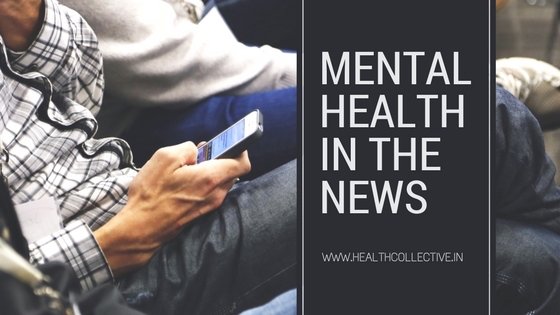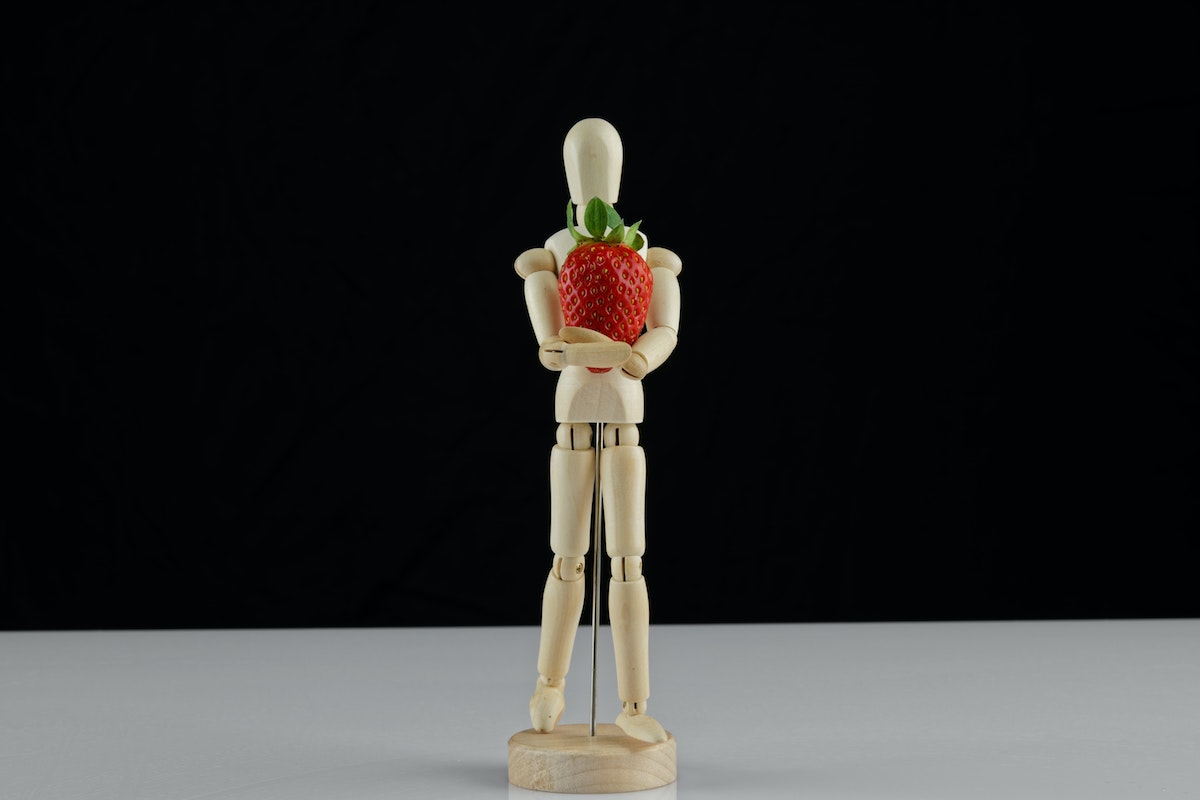Mental Health in the News
The Headline: Multi-gene Test May Better Predict Who Will Suffer from Dementia
(NDTV)
What you need to know: According to an article in the Annals of Neurology, it is now possible to predict who will suffer from dementia or cognitive decline. The test called the Polygenic Hazard Score (PHS) combines the effects of over two dozen gene mutations, that individually lead to only a small increased risk of Alzheimer’s Disease, that can help predict dementia or cognitive decline in an individual.
The test was done on 1081 participants, out of which some carry the APOE E4 genetic variant, and some who do not carry even one copy of APOE E4 genetic variant (used to identify the risk of Alzheimer’s). The results showed that some people even without APOE E4 genetic variant had a higher PHS. Meaning: a higher level of amyloid plague, which is a protein that marks the presence of Alzheimer’s disease in the brain of the individual.
The Headline: Early Diagnosis Tough for Alzheimer’s: Doctors
(Deccan Chronicle)
What you need to know: The incidence of Alzheimer’s disease in India is 125 new cases per population of 1 lakh, above 60 years of age. Approximately 40.31 lakh people are believed to suffer from Alzheimer’s in India. and the number will increase to 67.43 lakh by 2030, as predicted by The Alzheimer’s and Related Disorders Society of India.
And yet, awareness is fairly low. As one grows older, symptoms of forgetfulness, anxiety, and delusion are assumed to be normal. But this could actually be the first sign of Alzheimer’s disease. Most patients seek medical help only once the disease has reached stage 2 and 3 because that is when the signs become more extreme; like forgetting home address, forgetting names and faces of family and friends.
For Further Reading/ Watching:
A Ted Talk by Lisa Genova, a neuroscientist and author of “Still Alice” says that Alzheimer’s disease affects everyone. How? Because if you don’t have it, someone you know will have it, which might make you a caregiver. Awareness of early signs is key to getting a timely diagnosis and learning how to care for a loved one.
Also Read: On Dementia: An Interview with Himanjali Sankar, Author of Mrs C Remembers
The Headline: Smartphone Apps May help Alleviate Mild Depression
(Huffington Post)
What you need to know: According to research published in the journal World Psychiatry, smartphone mental health apps may help reduce depression. Australian researchers examined more than 3,400 adult men and women who lived with conditions like depression, anxiety, and bipolar disorder for the study. The participants were asked to use 22 different smartphone mental health programs for some weeks/months depending on the requirement of the apps.
The results? It was noticed that there was a significant reduction in the symptoms of mental health illnesses in these participants after they used these mindfulness, and cognitive behavioural therapy apps. Some of these apps include Headspace and MoodHacker. Of course, these apps cannot replace therapy, but it is important in understanding how technology can be used to move past economic limitations that one may face while trying to get mental healthcare.
Also Read: Mental Healthcare and the Need for Insurance Cover
The headline: Will Psychedelic Therapy Transform Mental Healthcare?
(NBC News)
What you need to know: Research on drugs like LSD, MDMA, ayahuasca has sparked conversation around treating mental health illnesses using these “off-limits” and illegal drugs. It is noted that psychedelic drugs can be effective on treating eating disorders, OCD and even depression. The practice of using these drugs is still not allowed, of course, but the research (strictly limited to certain institutes) shows that classic psychedelics (LSD, psilocybin, and ayahuasca) work on releasing receptors are associated with feelings of wellbeing.
A study published in 2011 showed how some of these drugs help reduce anxiety in patients who were getting treated for advanced stage cancer. But, given cases of drug-induced psychosis, not to mention legality issues, it’s most likely that the jury is out on this one. (Disclaimer: The Health Collective does not endorse the use of illicit substances)
Reporter: Sukanya Sharma
The Health Collective is delighted to feature a curated a news feed, but cannot independently verify the third party content. Feedback is welcome – tweet @healthcollectif with your comments and stories you think we should include.





This Mental Health in the News site has helped
me many times in health problems. This book helped me to
heal and feel better: https://s96.me/herbal-remedies Kiss you all!